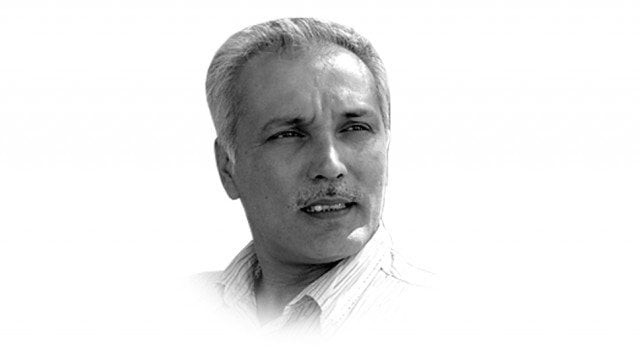Stay away from Kashmir

Stay away from Kashmir
“SMS was banned a while ago but now they have even slowed down the internet. All my colleagues agree that they haven’t seen anything like this in the last 20 years. This is a total information blockade. I can tell you with complete confidence that each one of the 1.3 million inhabitants of Srinagar is confined to their homes while about 50,000 security personnel are roaming the streets. We have no idea what to do.”
And here is how a non-journalist, local resident described the situation to us: “My house is at a crossing and I am not even allowed to open the windows. We are hearing that everything is being tapped. Anyone posting about the situation on Facebook is being tracked down and arrested. So if anyone gets a call from an unknown number, people are too scared to answer it.”
Over the week, we spoke to many intellectuals, politicians, government officials, common people, in an attempt to understand what was happening. But while everyone had a take on the situation, it was perhaps best summed up by Arundhati Roy:
“I don’t agree with those who argue that it is a complicated situation. You see, it flares up at times and then calms down, but the underlying anger is always there, isn’t it? And that has turned Kashmir into a football for India, Pakistan, America etc. They turn on the anger when they need it, or bring it down when required. It isn’t about a lack of understanding of what is going on there it is about intellectual dishonesty”.
Some shades of this intellectual dishonesty soon became very, very visible when the Indian government started taking Delhi-based journalists into Kashmir and feeding them with intelligence leaks about intercepts of alleged conversations between Lashkar-e-Taiba leaders and Kashmiris where the former is promising money for stone pelting protesters.
That line sells well in Delhi and whether we like it or not, Pakistan is as much to be blamed for it as the Indian government. We all know that what started off as an indigenous political struggle in Kashmir was soon pumped full of all shades of militancy by Pakistan’s security planners. Flushed with their success against Soviet troops in Afghanistan, they hoped to bleed India in Kashmir just like they had bled the mighty Soviet empire in Afghanistan.
But India used Pakistan’s intervention with spectacular success and was soon able to convince the entire world that there was nothing indigenous to the Kashmiri struggle and that the violence that had claimed untold thousands of lives was actually the collateral damage from an intelligence-led proxy war between the two countries.
No wonder the current turmoil in Kashmir is struggling as a frontline international news story.
No one should be surprised if Pakistan’s security gurus once again start salivating at the sight of the current outburst of Kashmiri anger. The temptation of pumping in a few hundred religious mercenaries may be on the verge of becoming irresistible.
The media needs to look into that. Religious mercenaries have caused immense harm to the Kashmiri movement already. If they are brought back in business, they will derail the movement yet again. A dispassionate analysis in the local media at this stage can do more for Kashmiris than our religious mercenaries have done over the last 20 years.
Published in The Express Tribune, July 18th, 2010.















COMMENTS
Comments are moderated and generally will be posted if they are on-topic and not abusive.
For more information, please see our Comments FAQ